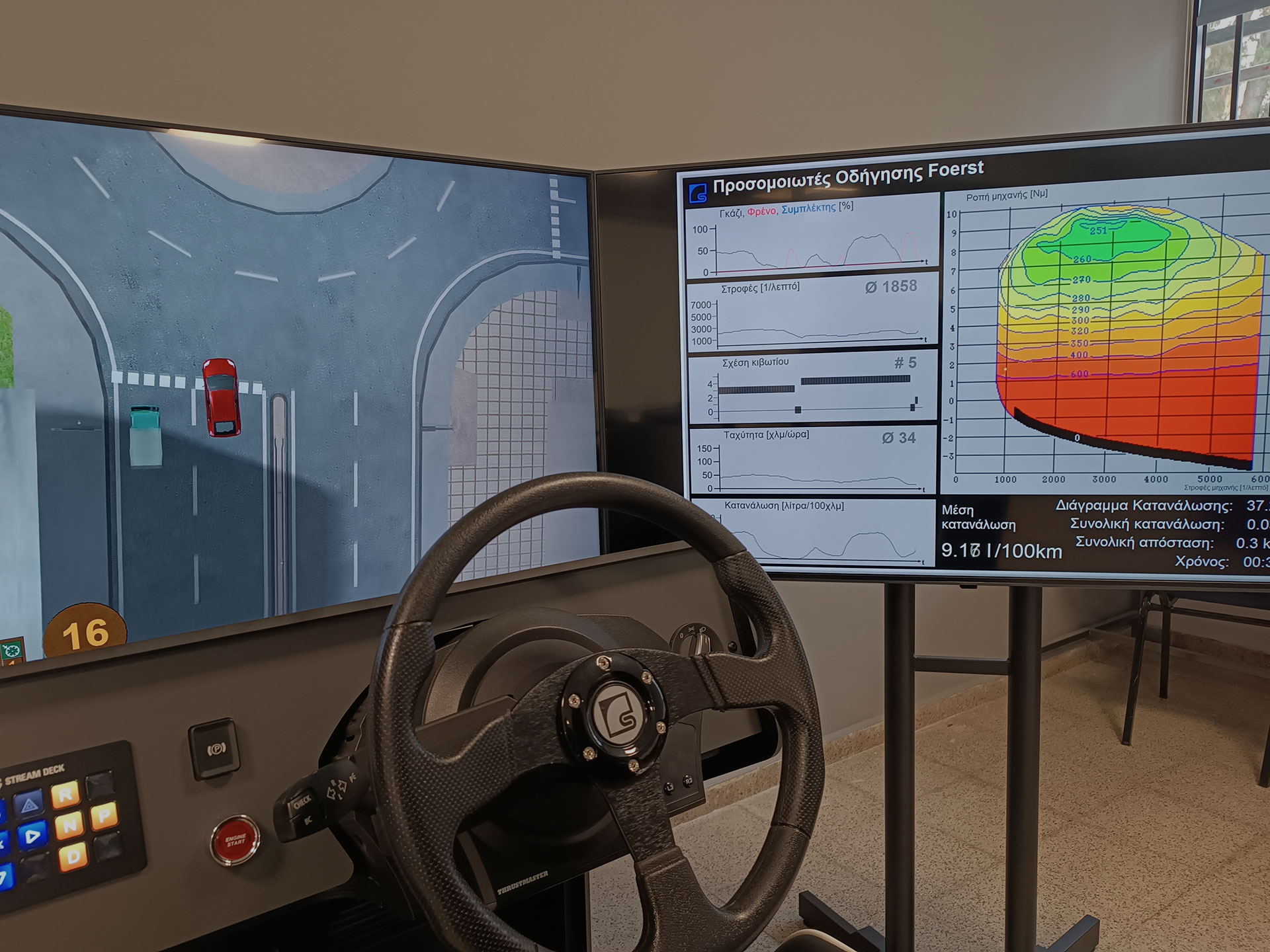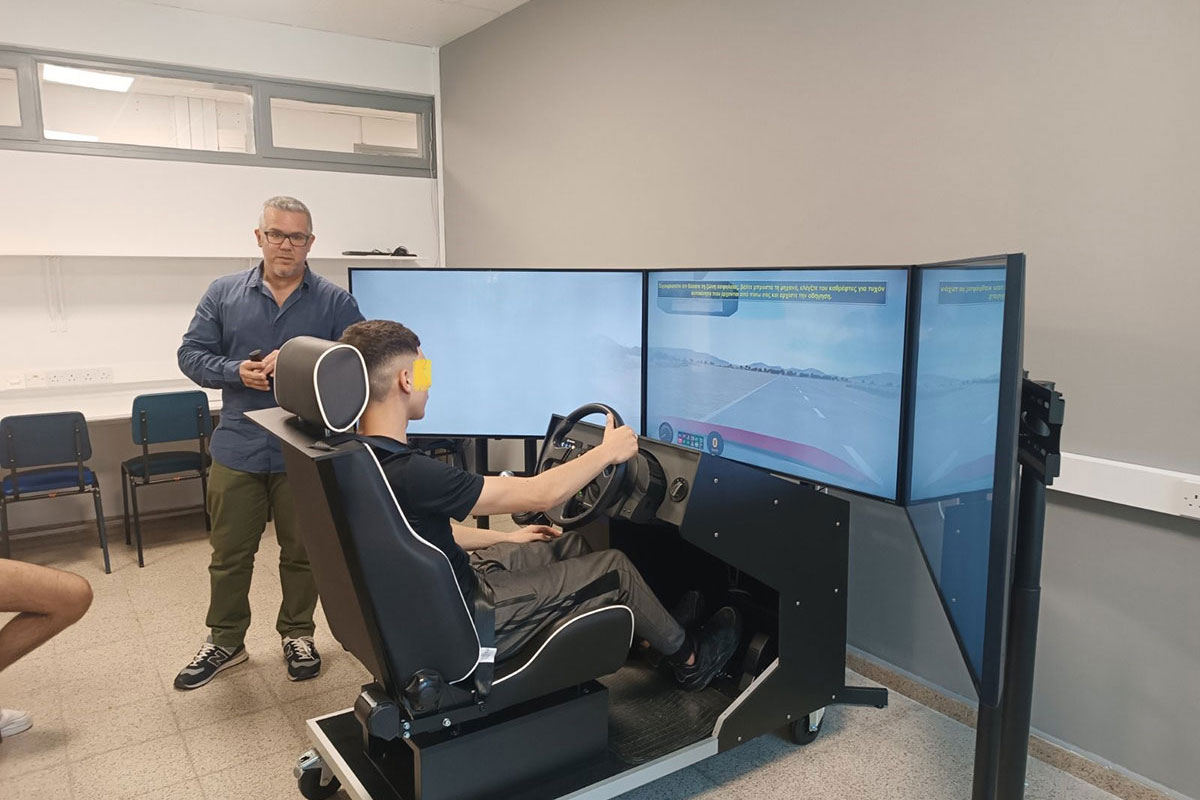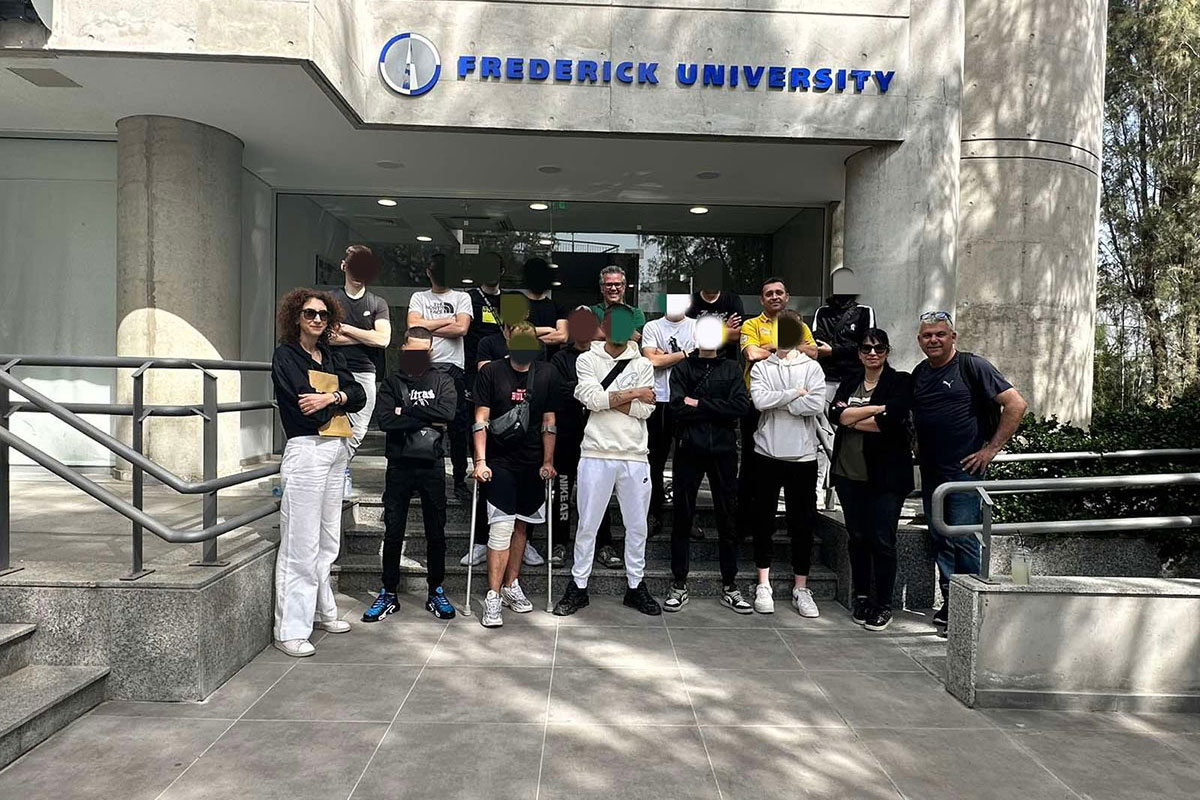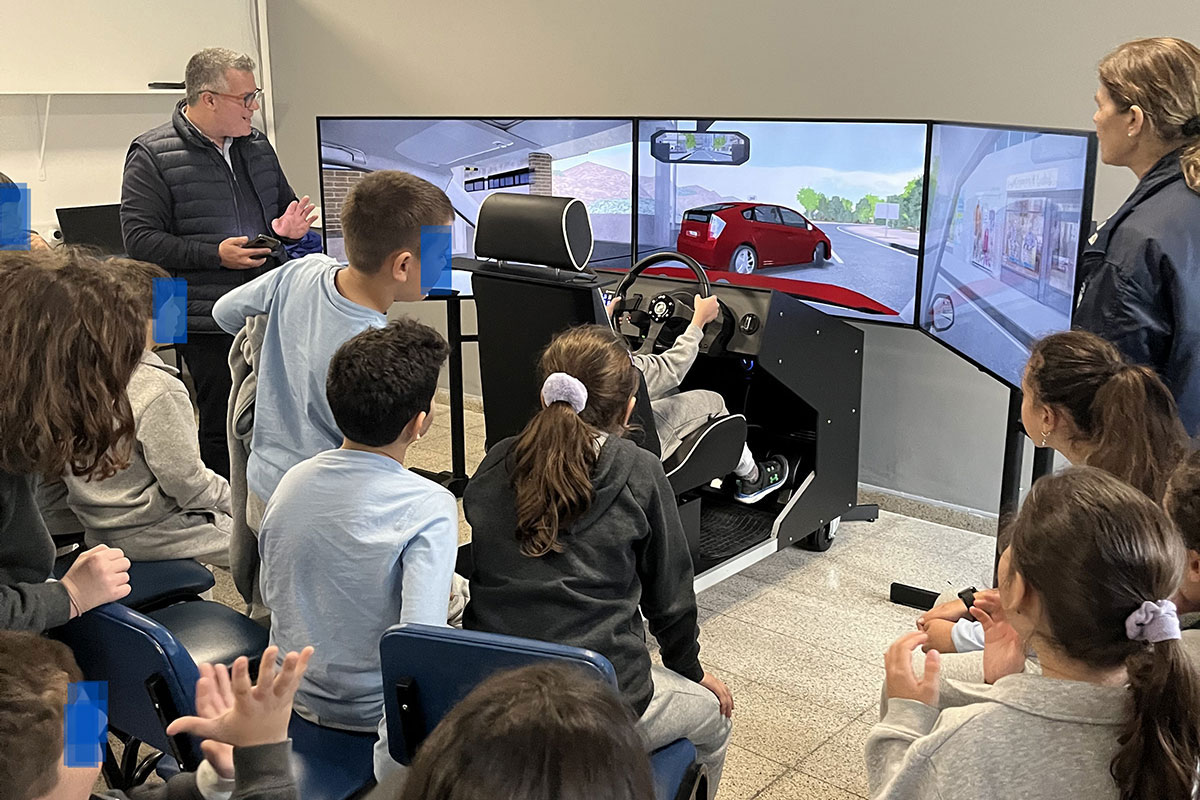
About Us
Laboratory of Safety in the Community (LSC)
Achieving security at the local level is a challenge for every society today, as there are many obstacles due to various social, economic and environmental problems and constraints. The creation of the Laboratoty of Safety in the Community (LSC) intends to make community safety a top priority and focus on the research areas that are explained below.
Social Security and Well-being
Social welfare represents the comprehensive well-being and happiness of society as a whole. In addition to economic wealth, social well-being includes aspects such as education, health, equality, justice and quality of life. Societies that invest in education promote social well-being, as the population contributes to the creation of innovations and the sustainability of the economy. In addition, policies that promote gender equality, equality of opportunity and access to health care enhance social well-being, creating a more integrated and equitable society.
Some of the topics that will be studied in the LSC are the following ones:
- Investigating quality of life in different environments, e.g. coastal cities/regions and/or mountainous, rural areas.
- Investigating the quality of life of families facing complex problems and living in particular circumstances.
- Investigating various social issues at local level, such as for example dealing with youth offending, alcohol and drug abuse, domestic violence, etc.
Environmental Safety
Environmental security refers to the protection and preservation of the natural environment in order to ensure the proper functioning of our planet and the well-being of people. A critical element of environmental security is the preservation of biodiversity and the prevention of environmental disasters. Good examples are initiatives to reduce greenhouse gas emissions, manage natural resources sustainably and promote the use of renewable energy sources. In addition, recycling programmes and initiatives to protect water resources represent strategies aimed at maintaining environmental balance and sustainable development.
Some of the topics that will be studied in the LSC are the following:
- Study of issues related to the engagement of local governments and citizens around waste management, food waste, etc.
- Awareness raising and sensitization of specific target groups around environmental issues and risks at local level.
- Exploring methods of preparation and prevention of the consequences of environmental disasters, e.g. earthquake response study, etc.
Health Security
Health security represents the protection and promotion of the physical and mental well-being of the individual and the community as a whole. The key pillars of this security include disease prevention, access to quality health care and the adoption of healthy lifestyles. Examples include awareness campaigns on the importance of exercise and a balanced diet, vaccination programmes to prevent communicable diseases as well as initiatives to tackle pandemics. In addition, the promotion of mental health and accessibility to psychological support are important factors in ensuring comprehensive health security.
Some of the topics that will be studied in the LSC are the following:
- Study of variables such as memory and response to different phenomena, adapted to different target groups, e.g. elderly people.
- Study of road behaviour and healthy lifestyles issues, with a focus on offending behaviour.
- Study and simulation tests with specific groups of people (e.g. people with autistic spectrum disorders)
- Setting up health-related workshops in local communities.
Road Safety
Road safety refers to the effort to reduce accidents and injuries in the road transport sector. Critical factors include respecting traffic rules, maintaining vehicles and promoting risk awareness. Examples of effective road safety measures include the application of speed limits, the use of safety belts and the imposition of penalties for traffic rule violations. In addition, the adoption of technological innovations, such as collision warning systems and autonomous driving, helps to eliminate road risks. Continuous driver education and public awareness are also essential factors in promoting safe road behaviour.
Some of the topics that will be studied in the LSC are the following:
- Creating informative seminars on road safety, safe driving and traffic education for teenagers and young people.
- Creation of intervention programmes for juvenile offenders of the Highway Code.
- Provision of awareness programmes for school-age children in the framework of organised educational visits of school units from all over Cyprus.
NEWS

Nicosia Preparatory Apprenticeship visit to LSC
Students from the Nicosia Preparatory Apprenticeship visited us on Tuesday
...
Read More
Visit of Agios Georgios Lakatamia High School to LSC
On Thursday 4 April, a group of students from St George's Lyceum of Lakatamia visited the Laboratory of Safety in the Community - LSC
...
Read More
Terra Santa School visit to the LSC
Today we had the pleasure of hosting in our workshop the children of the 4th grade of Terra Santa Primary School
...
Read More


